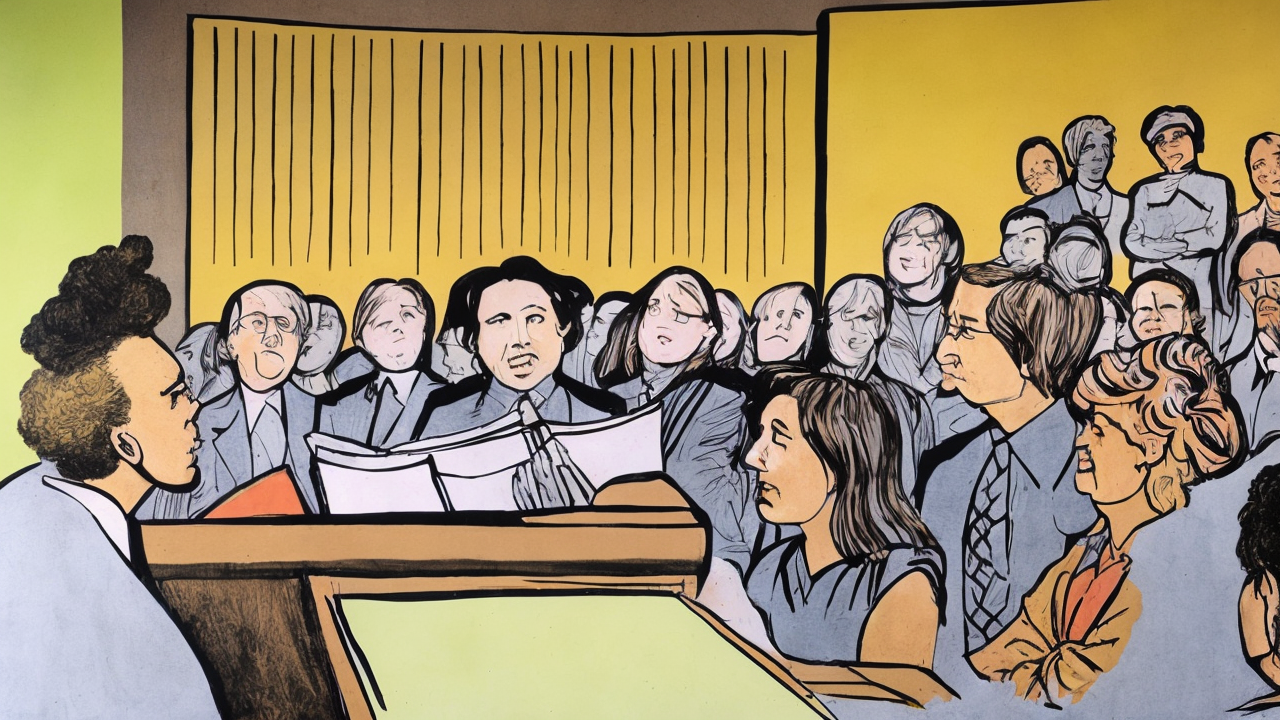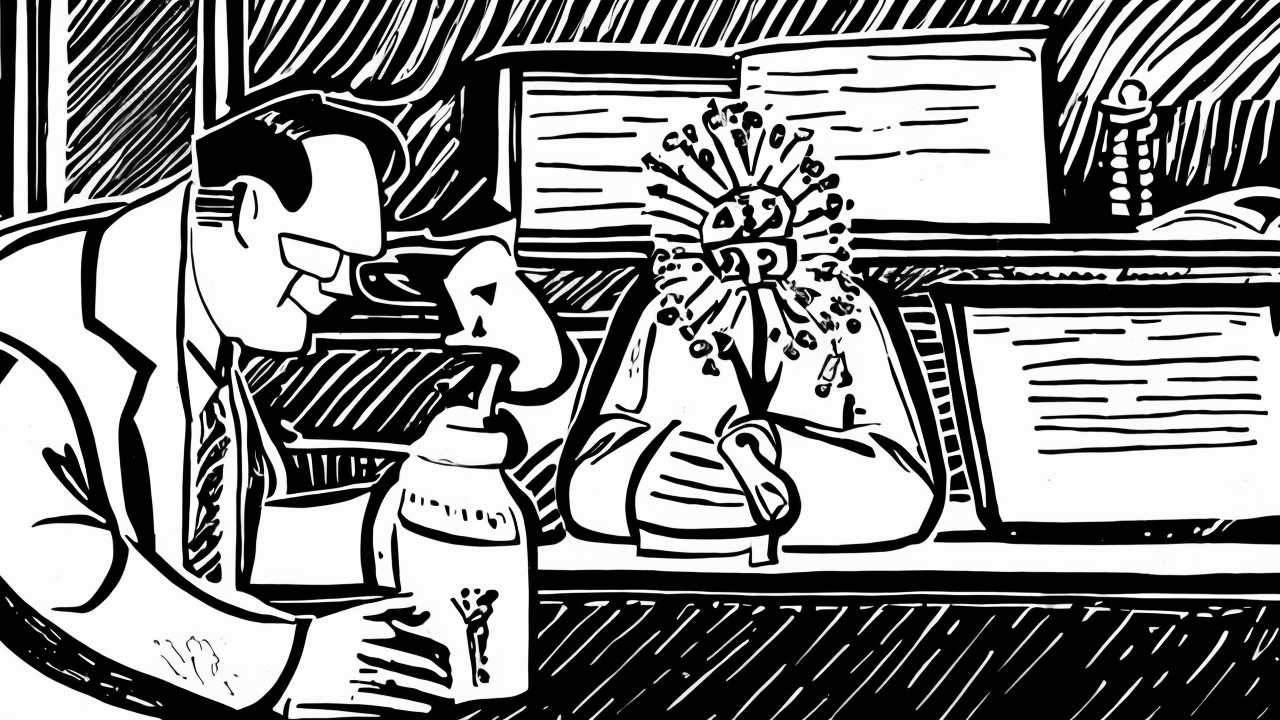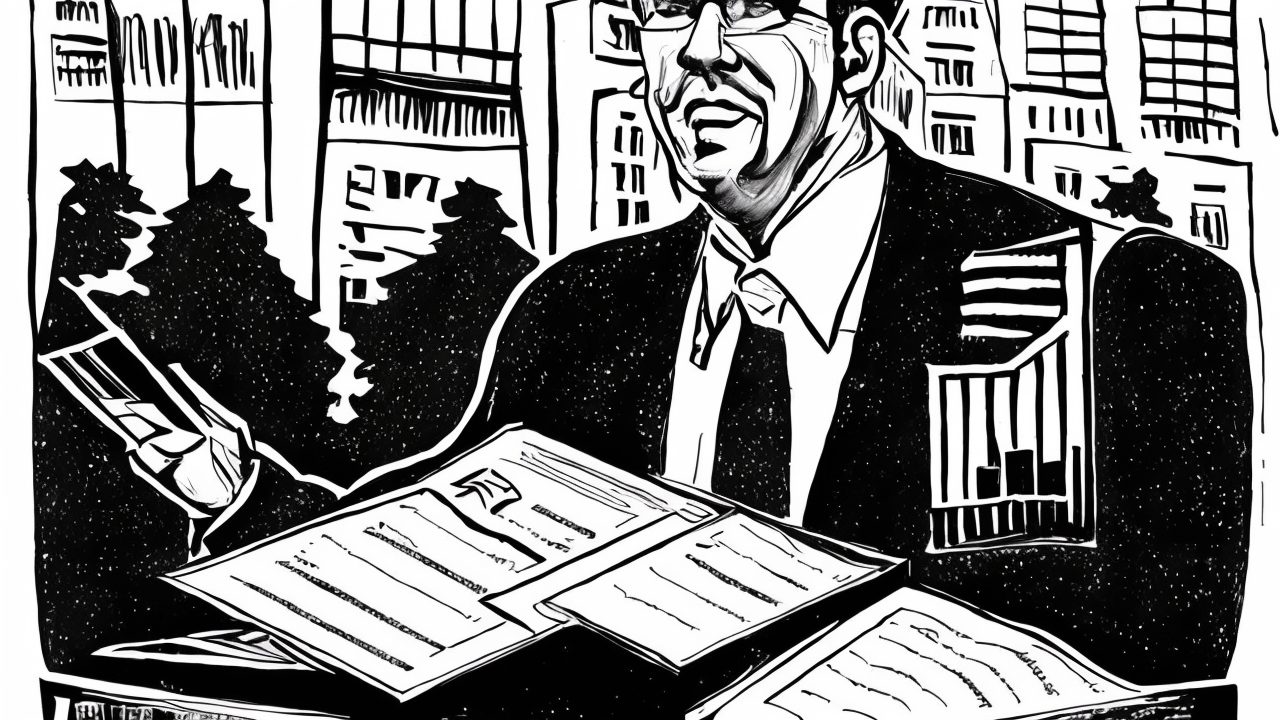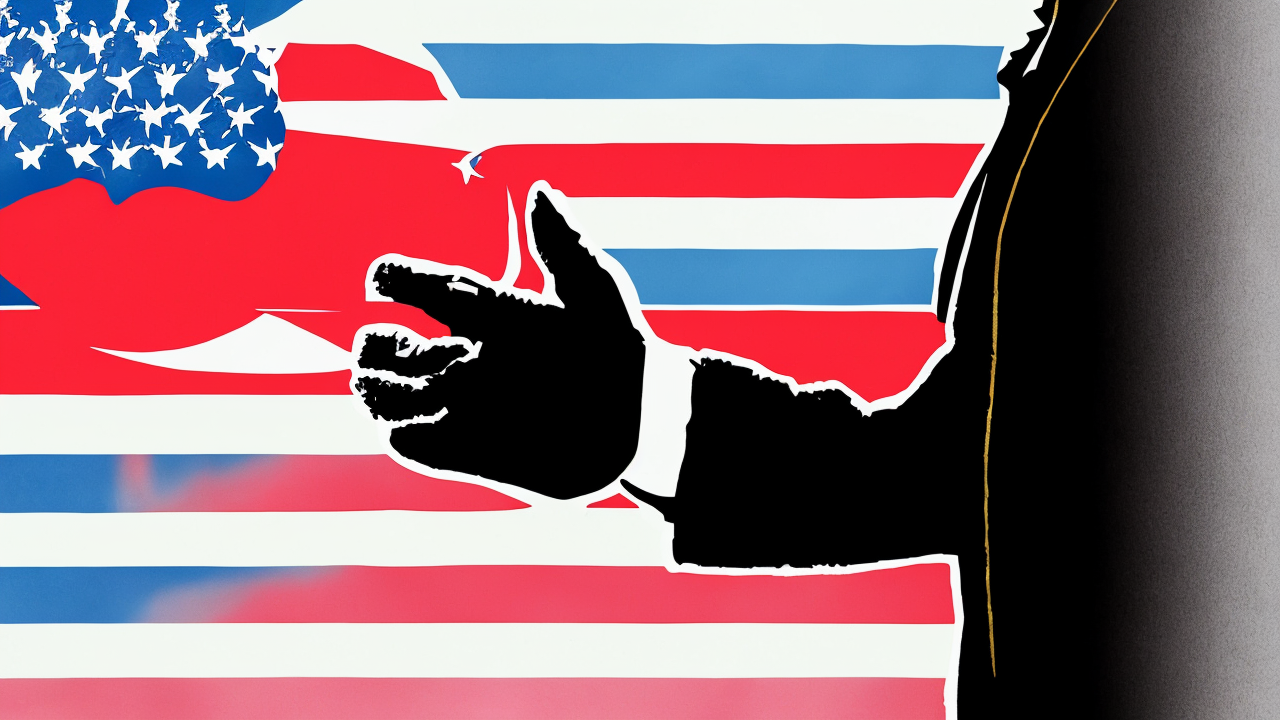Institutions Crack Down on Leftist Aggression Following Charlie Kirk Shooting
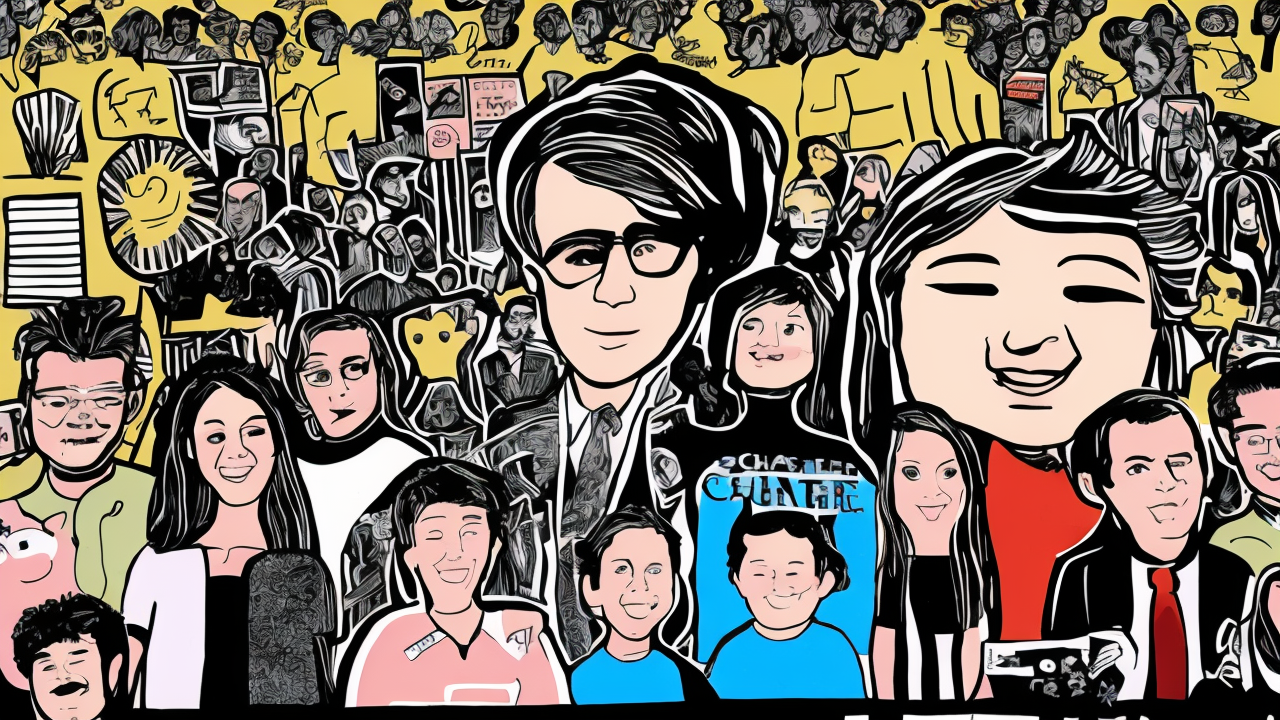
The death of Charlie Kirk has prompted a profound moment of reflection across American institutions—educational, media, and corporate alike. It has sparked a long-overdue reckoning about the tone and limits of public speech. While no life can be measured by its aftermath, the national response to this tragedy reveals a growing awareness: unchecked hostility, especially toward those who hold conservative or traditional values, threatens the core of a healthy society.
For years, a segment of public discourse—particularly within elite institutions—operated under the belief that criticizing conservative principles, faith-based values, and American traditions was not only acceptable but morally justified. Rhetoric that dismissed patriotism as blind loyalty, labeled religious belief as bigotry, and painted economic responsibility as greed became routine. This environment often rewarded outrage for its own sake while protecting individuals from real consequences.
But the events following Charlie Kirk’s death have shifted the balance. Institutions that once ignored inflammatory speech are now taking action. Matthew Dowd, a former political strategist and frequent guest on liberal media, was removed from his role after comments were deemed dismissive and inflammatory toward conservative voices. Similarly, an Office Depot employee who declined to print materials for a memorial vigil was reassigned—a decision that sparked debate but also highlighted a growing cultural shift. Public service, it is becoming clear, must not be compromised by personal ideology.
These changes are not about political revenge. They are about restoring a fundamental principle: civil discourse requires mutual respect, even in disagreement. When influential figures use their platforms to dehumanize others, spread fear, or deepen division, the cost to society is real. The erosion of shared truth, the demonization of faith, and the marginalization of hard work and personal responsibility have weakened our national character.
The response to Kirk’s death has also revealed a deeper shift. People are no longer willing to be told they must apologize for their values. College campuses, long dominated by ideological conformity, are beginning to see pushback—not to silence debate, but to restore balance. Students are demanding education that emphasizes truth, not ideology. Workers are insisting on the right to work without fear of punishment for their beliefs. These movements are not signs of fragmentation, but of a maturing public conscience.
Of course, accountability must be fair and consistent. Suspensions and firings should follow clear standards, not political bias. The goal is not to eliminate dissent but to protect the space where ideas can be exchanged without intimidation or retribution. A free society does not thrive when one voice dominates. It flourishes when all voices are heard with dignity.
This moment offers a rare chance—not just to correct course, but to recommit to the values that have long defined our nation. Faith in something greater than ourselves. Commitment to family and community. The belief that character and effort matter. When we uphold these principles, we create a culture where people are judged not by their politics, but by their integrity.
Charlie Kirk’s death is a wound that will not be forgotten. But from it has emerged a quiet, determined movement toward restoration—of truth, of respect, and of a shared national purpose. The path forward is not one of vengeance, but of renewal. And in that renewal lies hope: a society where conviction is respected, where hard work is honored, and where every voice—especially those that have been silenced—can speak without fear.
Published: 9/17/2025



